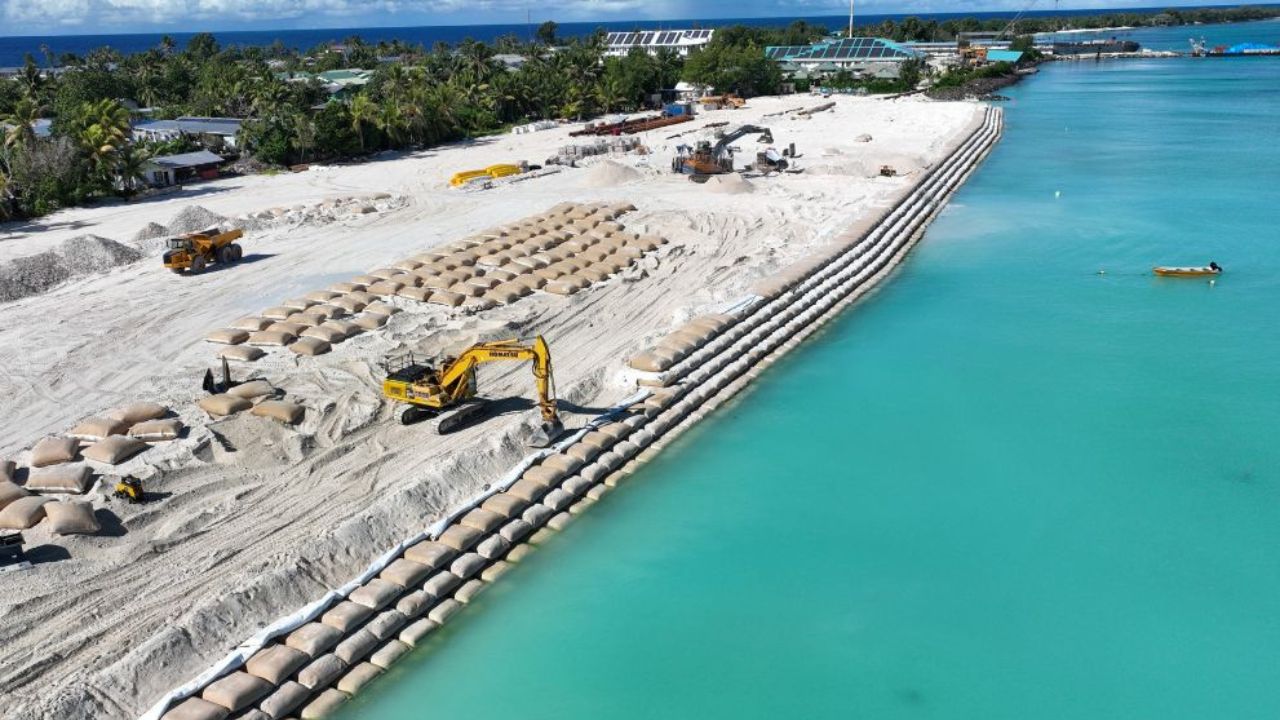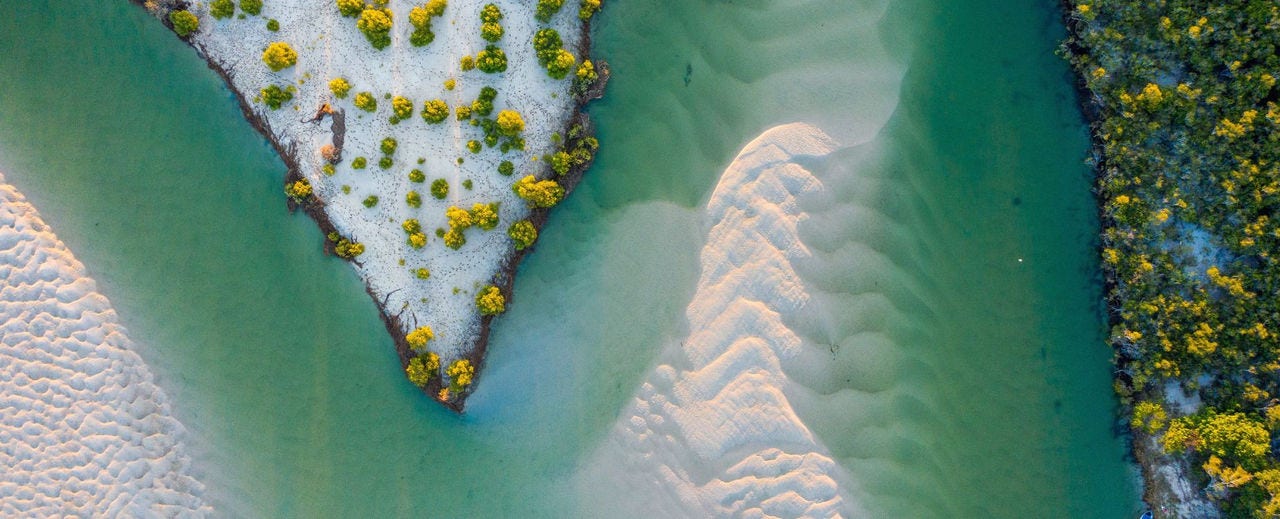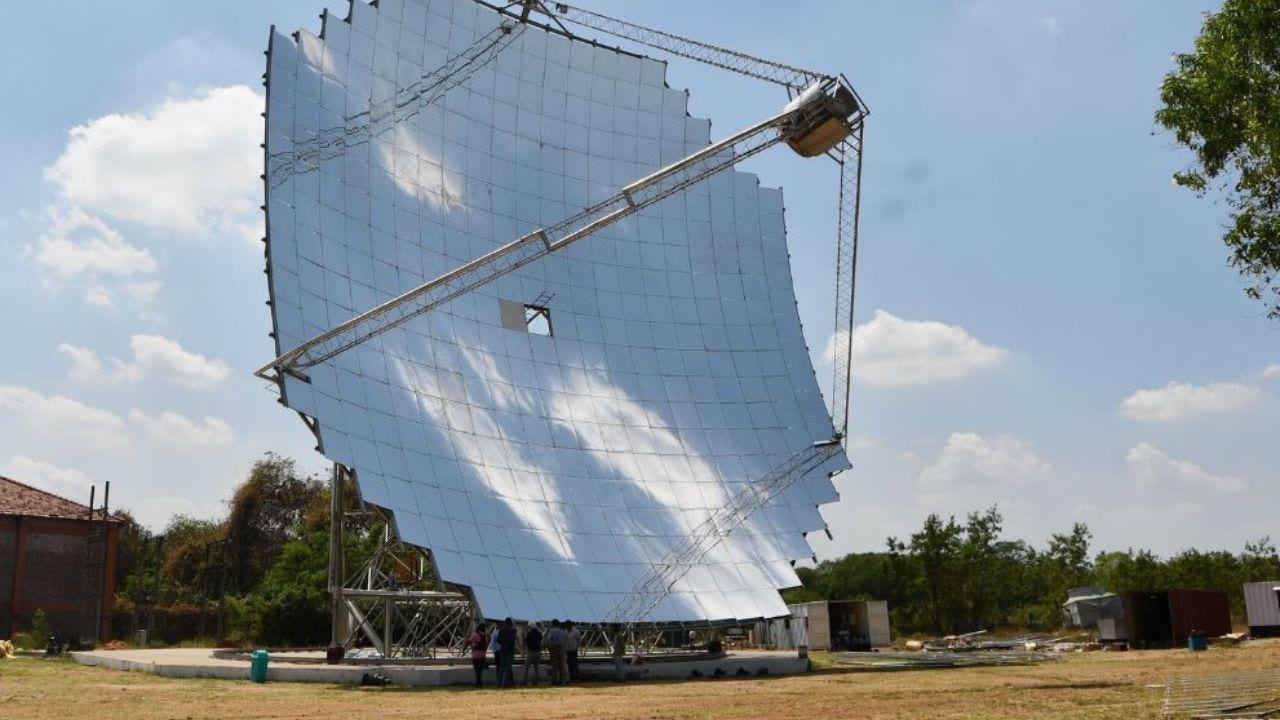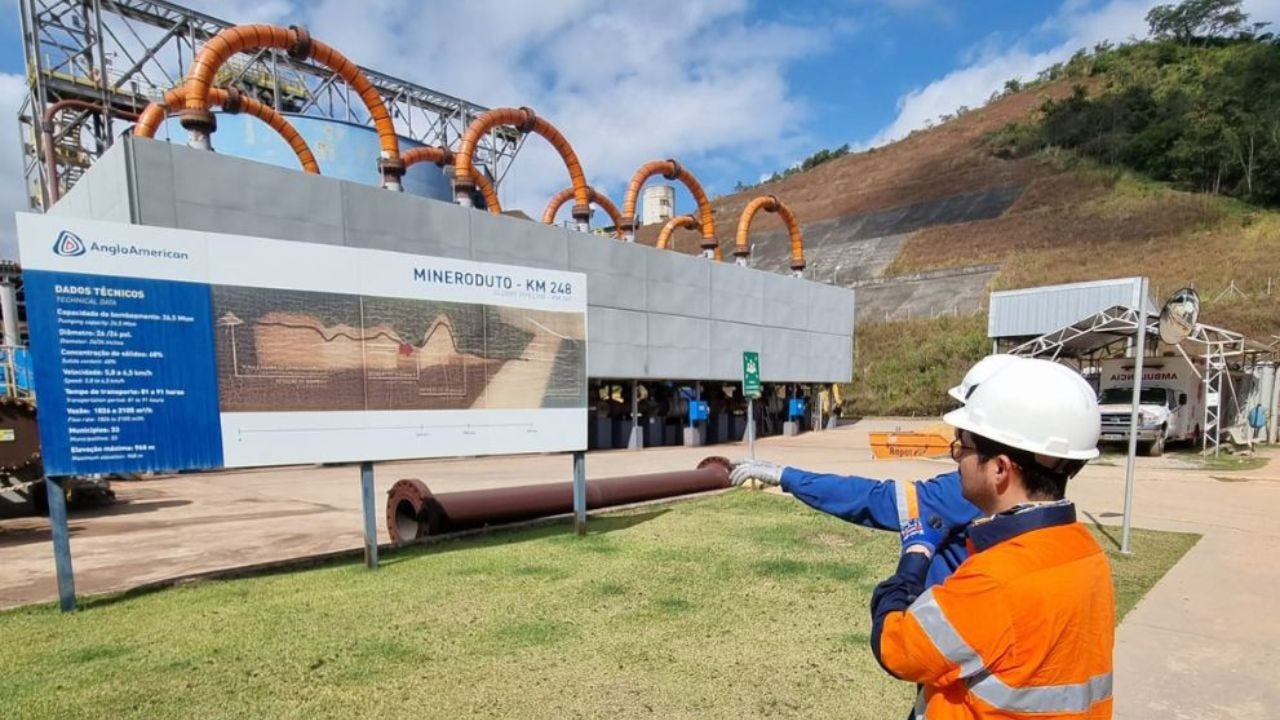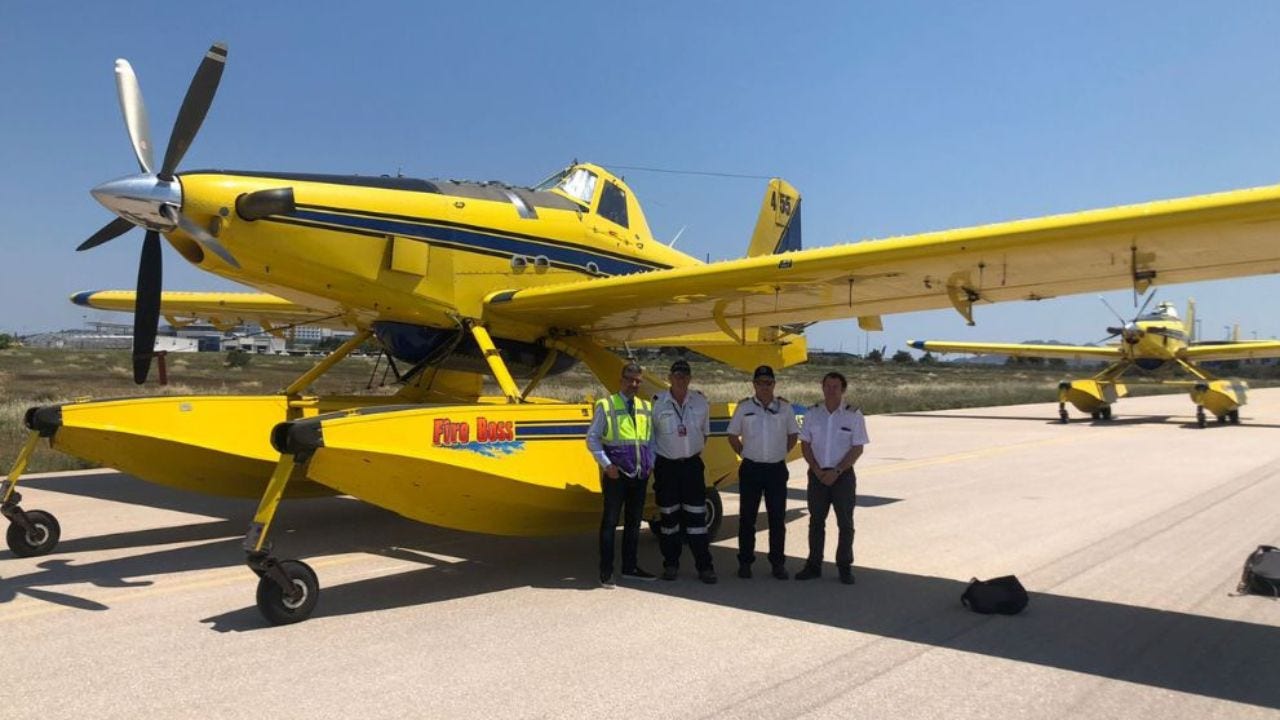The emerging green economy is really presenting great opportunities for Australia to showcase its abilities, particularly in infrastructure.
Australians are known for high quality safe construction techniques and also good environmental compliance. We're also known for our ability to partner with clients and particularly in helping them to get what they want, not just what we think they need.
Hall Contracting is a Southeast Queensland based dredging civil contracting and marine infrastructure business. We specialise particularly in building climate resilient infrastructure in the Pacific Islands so coastal defences and reclamation, as well as civil infrastructure around Australia and dredging projects around Australia and Southeast Asia.
Climate change is having an effect on some of the more low-lying Pacific island nations such as Tavalu and Kiribati.
These islands are only some meters above sea level and any increase in the intensity of storm events, coupled with predicted sea rise sea level rises, will have a impact on the infrastructure that's already there.
The Tavalu Coastal Adaptation Project (TCAP) is the first stage of an ambitious plan by the local government to expand the size of the liable area of Funafuti and raise the ground level to provide more resilience against future storm events as predicted sea level rises occur.
What we've done has made a particular effort to employ locals, and to train them and to ensure that we transfer the skills so that moving forward on future projects and and out into the into the decades to come that we leave behind, not only the infrastructure we build but also the skilled labour.
Our expert staff are given on the job training for for the guys especially on the operations of machinery, and work on construction sites in general.
There's a real opportunity for Australian companies to get involved building climate resilience and get involved in these programs which come out of the green economy.
Australia in general, and Australian companies in particular have the skills to partner with these economies to deliver climate resilience infrastructure. We need to adapt to the effect of climate change.
We look forward to essentially tripling the amount of usable land in Tuvalu and really building true Coastal resilience.
